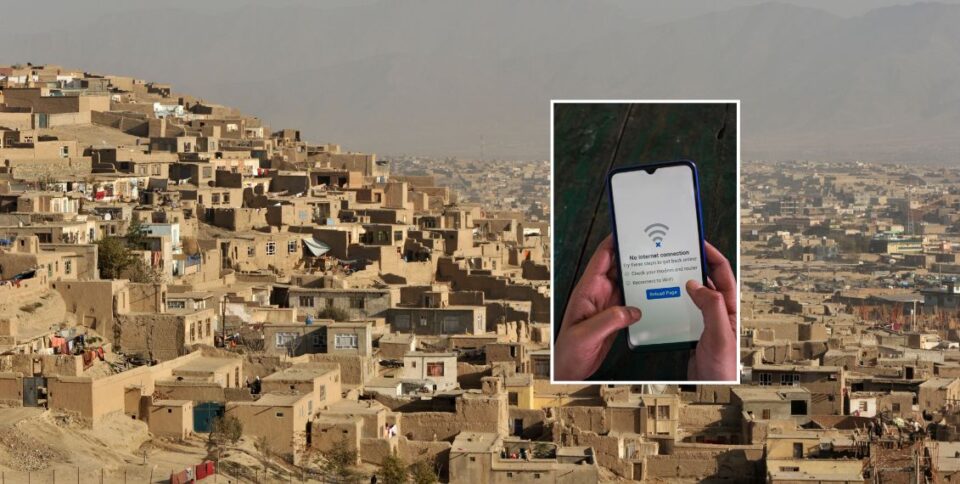KABUL, Oct 2 – Afghanistan is slowly restoring internet and cellphone services after a nearly 48-hour nationwide blackout that disrupted banking, aid work, aviation, and left thousands stranded. The shutdown forced the cancellation of at least 14 flights at Kabul airport on Wednesday, with many more labelled “unknown” on flight trackers, officials and monitoring groups said.
According to flight data from Flightradar24, four departures and ten arrivals were cancelled out of 34 scheduled flights. On Tuesday, 10 flights out of 31 were called off, while the status of many others remained unclear. Provincial airports in Herat and Kandahar also saw cancellations and unknown status updates.
Afghan carrier Kam Air said only one flight had operated since the blackout began Monday. “This is important for our fellow citizens who had transit flights and for those stranded trying to return. We must restart operations for their sake,” airline representative Mohammad Bashir told TOLO News. The airline said limited flights may resume after partial connectivity returned Wednesday.
The internet shutdown, first flagged by advocacy group Netblocks, crippled communication nationwide. It followed Taliban leader Hibatullah Akhundzada’s decree last month cutting connections in some provinces under the guise of combating “immorality,” including online pornography.
Confusion deepened when an alleged Taliban statement circulated online, claiming fibre optic cables were being replaced. The Associated Press later confirmed the statement was fake, though Taliban officials later admitted that teams were working to restore services. By late Wednesday, Netblocks reported partial restoration of connectivity.
The blackout drew sharp criticism from aid agencies and the United Nations. “Reliable communications are essential for our ability to operate, to deliver life-saving assistance, and to coordinate with partners,” Save the Children said in a statement.
UN spokesman Stephane Dujarric called the cuts harmful to Afghanistan’s already fragile situation. “The communications cuts risked inflicting multiple negative impacts on the Afghan people, economic stability, and the continued grave situation for Afghan women and girls,” he told reporters.
As services gradually return, concerns remain about the Taliban’s tightening control over digital access. Advocacy groups warn such blackouts not only harm daily life but also isolate Afghans from the outside world.

